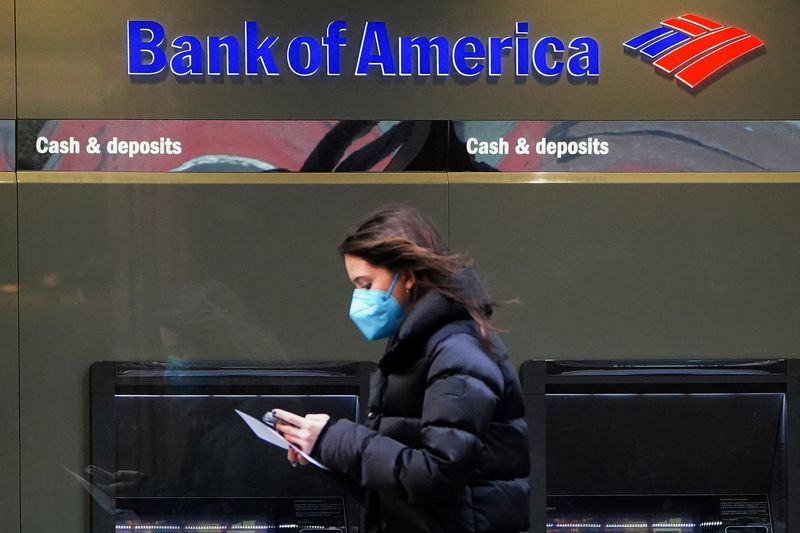Investing.com — As the U.S. election approaches, Bank of America analysts examined its potential impact on Consumer Finance shares in a recent research memo.
The bank argued that while there are policy differences between the candidates, “the health of the broader U.S. economy” will ultimately have a greater impact on industry fundamentals, particularly around unemployment and financial health of the consumer.
A key concern is the regulatory environment surrounding mergers and acquisitions, particularly the expected merger between Capital One (COF) and Discover Financial Services (NYSE:).
While Capital One is confident the deal can close in early 2025, BofA notes that “the current administration is generally seen as anti-major mergers and acquisitions.”
They believe that a change in governance could create a more favorable environment for such mergers, reducing scrutiny from competition authorities.
Meanwhile, student loan forgiveness policies also play a crucial role in shaping the consumer finance landscape.
BofA explains that the Biden administration’s extensive forgiveness programs have benefited consumer credit while creating challenges for student loan providers.
BofA expects that similar relief efforts will continue under a potential Harris administration. Conversely, a Trump administration would likely end discussions about forgiveness, potentially increasing refinancing production volumes from lenders like Navient (NASDAQ:) and SoFi (NASDAQ:) as borrowers would be less afraid of missing out on benefits to walk.
Another major issue would be the proposed reduction in late payment penalties by the Consumer Financial Protection Bureau (CFPB).
BofA indicates that a Republican administration could repeal this rule, which currently aims to reduce late fees from $30 to $41 to $8.
“Eliminating the late fee rule would be positive for all issuers,” especially Synchrony (SYF) and Bread (BFH), which generate more than 10% of their revenue from late fees, BofA said.
BofA says that historically, stock reactions in the consumer finance sector after elections have shown resilience.
BofA reports that while initial market reactions may vary, “after a week, stocks are up 11-12% in both scenarios.” This suggests that investors may prioritize post-election certainty over short-term policy-driven news.


